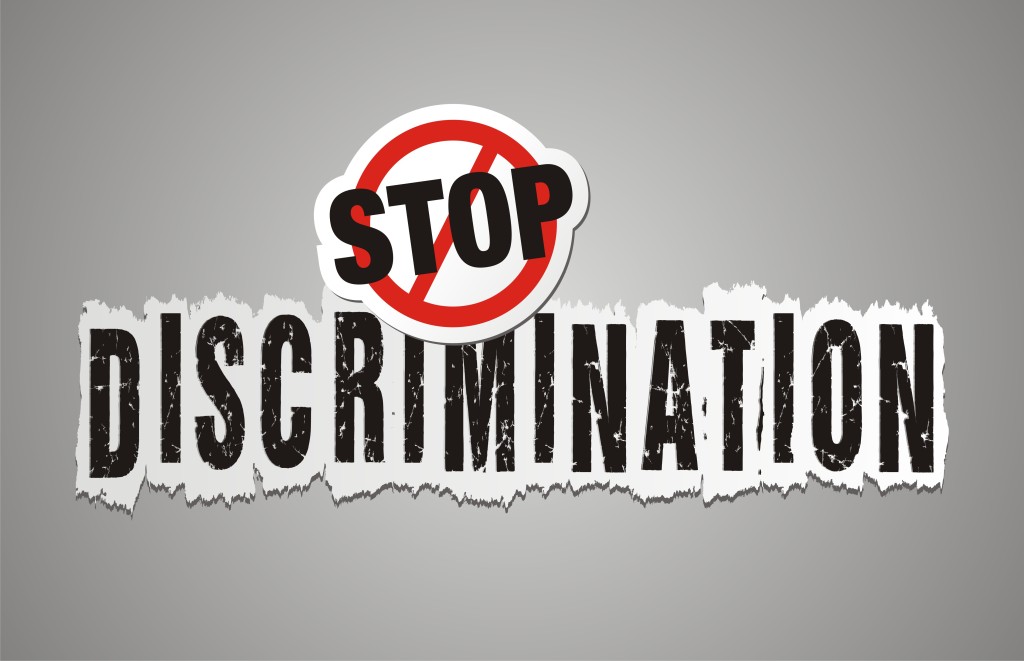- Calls to this hotline are currently being directed to Within Health or Eating Disorder Solutions
- Representatives are standing by 24/7 to help answer your questions
- All calls are confidential and HIPAA compliant
- There is no obligation or cost to call
- Eating Disorder Hope does not receive any commissions or fees dependent upon which provider you select
- Additional treatment providers are located on our directory or samhsa.gov
Discrimination: Triggers for Eating Disorders

Contributor: Crystal Karges, MS, RDN, IBCLC, Special Projects Coordinator at Eating Disorder Hope/Addiction Hope
Discrimination is a bitter root that can only produce negativity and resentment. Characterized by the unjust or prejudicial treatment of different categories of people of things, an individual may discriminate on the grounds of race, age, or sex.
If you have suffered any form of discrimination, you have likely endured painful circumstances that have resulted in some form of trauma, emotional hurt, or even abuse. For individuals who may be predisposed to developing an eating disorder, falling victim to discrimination can be an environmental trigger that inflames the progression of these deadly mental illnesses.
Anyone Can Develop an Eating Disorder
The reality about eating disorders however, is that these mental illnesses do not discriminate in any way, shape, or form. Eating disorders can affect any type of individual irrespective of:
- Race
- Gender
- Socioeconomic Status
- Religion
- Ethnicity
- or Background
Perhaps you have an eating disorder and have suffered discrimination because of your disease or struggle.
Unfortunately, because of the many stereotypes and stigmas that surround eating disorders, there is still much misinformation and myths about these mental illnesses. Lack of education and understanding about what a person may be struggling can severely impact the way someone is perceived, both as an individual and within society.
Challenging Discrimination

Advocating for treatment for all individuals and the access to necessary treatment and health care is something that is effectively done when individuals join together and put aside inferences that may be preventing unity.
Raising Awareness
While eating disorders were once thought to only affect a small portion of the population, we now know that countless of individuals can be vulnerable to developing this disease. By rising above the stigmas, we can give a voice to the powerless and bring attention to the groups of people and individuals who have perhaps been unrecognized in their struggles with an eating disorder.
Community Discussion – Share your thoughts here!
What are your thoughts on discrimination in the eating disorder community? How can we work together to promote unity around a common cause?
Last Updated & Reviewed By: Jacquelyn Ekern, MS, LPC on May 07, 2015.
Published on AddictionHope.com
